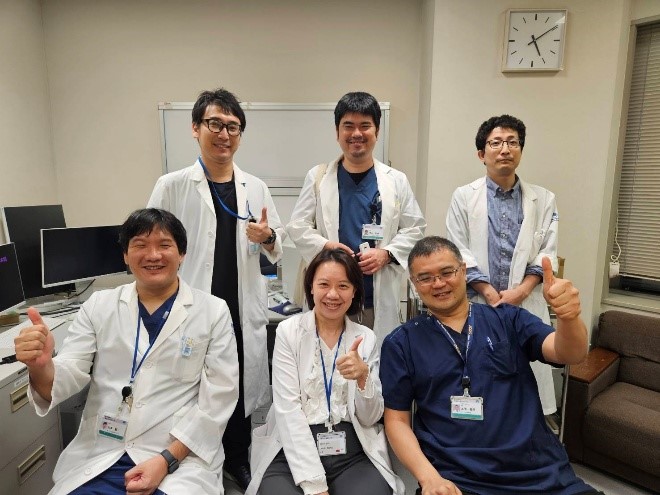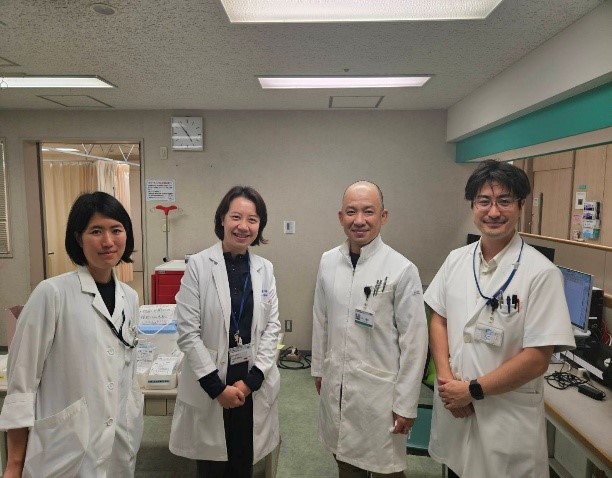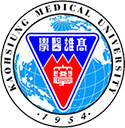Development of Precision Medicine in Head and Neck Cancer
Head and neck cancer has a high incidence rate in Taiwan and East Asia. Treatment strategies have significantly improved with advances in genetic analysis and targeted therapy. Traditional treatments include surgery, radiotherapy, and chemotherapy. However, recent progress in precision medicine has enabled personalized treatment approaches.
With next-generation sequencing (NGS) technology, tumor driver genes can be more accurately identified, facilitating individualized treatment strategies. This has led to major breakthroughs, particularly in the study of tumor genetic variations and immune therapy responses.
Genetic Mutations and Head and Neck Cancer Treatment
In recent years, the roles of PIK3CA and TP53 mutations in head and neck squamous cell carcinoma (HNSCC) have gained significant attention. According to Wang et al. (2023), co-occurrence of TP53 mutations with CDKN2A and NOTCH1 mutations may influence tumor biology and treatment responses. The study also identified tumor mutational burden (TMB) as a key predictor of recurrence risk in HNSCC patients undergoing concurrent chemoradiotherapy (CCRT). Patients exhibiting high-recurrence mutation signatures (RMS) and chromatin remodeling mutation signatures (CRMS) had shorter recurrence-free survival (RFS).
In the field of immunotherapy, PIK3CA mutations are closely associated with an immunosuppressive tumor microenvironment. Research suggests that abnormal activation of the PI3K/AKT signaling pathway may impair anti-tumor immune responses, leading to reduced efficacy of immune checkpoint inhibitors (ICI). Consequently, precision treatment strategies targeting these mutations may help improve prognosis in head and neck cancer patients.
Combination Strategies of Immunotherapy and Targeted Drugs
Immune checkpoint inhibitors (ICI), such as the PD-1 inhibitor pembrolizumab, have become a standard treatment for head and neck cancer. However, monotherapy with ICI has shown limited response rates. Recent studies suggest that combining immunotherapy with antibody-drug conjugates (ADCs)—as outlined in Table 1—may enhance treatment outcomes. These ADCs target specific molecules such as EGFR, TROP2, Integrin-Beta 6, and Nectin-4.
The combination of immune therapy and ADCs improves treatment efficacy through the following mechanisms:
- Enhancing CD8+ T cell infiltration and activation
- Reducing lactic acid accumulation and immune suppression
- Precisely delivering cytotoxins to tumor cells while minimizing damage to normal tissues
These findings provide new therapeutic strategies for HNSCC, particularly for patients with poor responses to PD-1 inhibitors. The combination of ADCs and ICIs could represent a breakthrough approach in head and neck cancer treatment.
Participation and Experience in Early Clinical Trials


In October 2024, I had the privilege of participating in the Hematology and Oncology Physician Training Program organized by Kaohsiung Medical University Hospital and the National Health Research Institutes (NHRI). As part of this program, I underwent a one-month professional training at the National Cancer Center (NCC) Japan under the "113 NHRI Project – Establishing an Innovative Early Clinical Trial Intelligent Cooperation Network."
This training covered two core areas:
1.Phase 2/3 Clinical Trials in Hematologic Oncology – Learning about current treatment protocols and the design and application of innovative therapeutic strategies.
2.Phase 1 Pan-Cancer Clinical Trials – Gaining in-depth knowledge of early-phase clinical trial design, patient selection mechanisms, and the drug development process.
This experience provided valuable insights into the operational models of domestic and international clinical trials and laid a solid foundation for future international collaborations and clinical research.
Establishment of International Collaboration and the Master Key Project
Through this training program in Japan, we successfully established a collaborative relationship with the National Cancer Center (NCC) Japan and initiated discussions regarding our potential participation in the Master Key Project. This project, spearheaded by Japan, is an international multicenter clinical trial initiative aimed at advancing personalized treatment strategies for cancer patients based on specific genetic mutations.
The Master Key Project integrates comprehensive genomic profiling (CGP), biomarker-driven clinical trials, and novel therapeutic approaches to enhance precision medicine. It enables efficient patient stratification, allowing individuals with rare or treatment-resistant cancers to receive targeted therapies or combination treatments tailored to their molecular profile. Given the increasing complexity of cancer treatment, such a platform plays a crucial role in accelerating drug development and optimizing therapeutic outcomes.
We plan to leverage this platform to:
1.Provide Taiwanese patients with access to cutting-edge international precision medicine trials, particularly for rare or hard-to-treat cancers.
2.Enhance the execution standards of domestic clinical trials by integrating advanced trial designs, such as adaptive trials, basket trials, and umbrella trials, thereby aligning Taiwan’s clinical research capabilities with global standards.
3.Foster deeper collaboration between Taiwan and Japan in oncology research, enabling the exchange of knowledge, technologies, and best practices to expedite the development of novel cancer therapies.
As a first step, we are actively evaluating ongoing head and neck cancer clinical trials, with Table 2 providing detailed information on current studies. These trials focus on investigating the efficacy of various targeted therapies, immune checkpoint inhibitors (ICIs), and their combination strategies in patients with specific genetic profiles.
Through these efforts, we aspire to achieve more precise and effective personalized treatment strategies in head and neck cancer, ultimately improving patient survival rates, treatment response, and overall quality of life. By integrating Taiwan into a broader international research network, we aim to expand clinical trial opportunities for our patients while positioning Taiwan as a key player in global oncology research and drug development.
